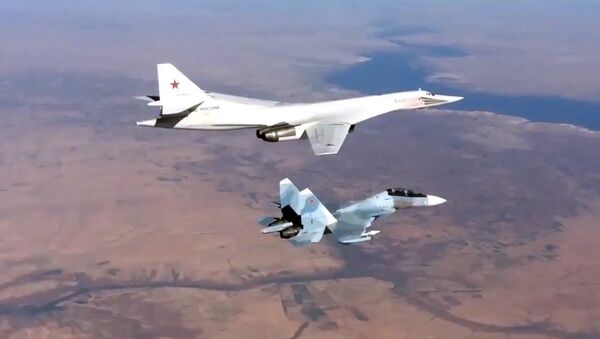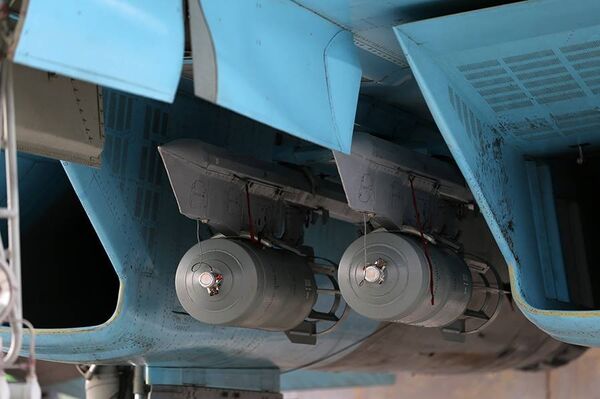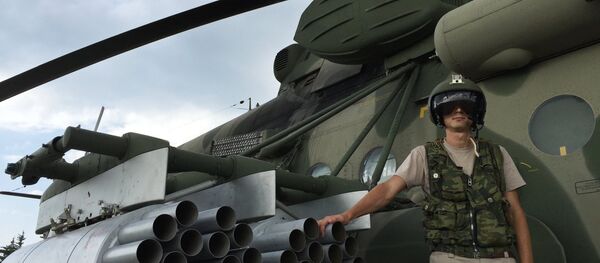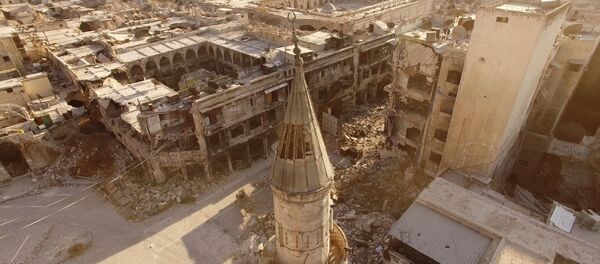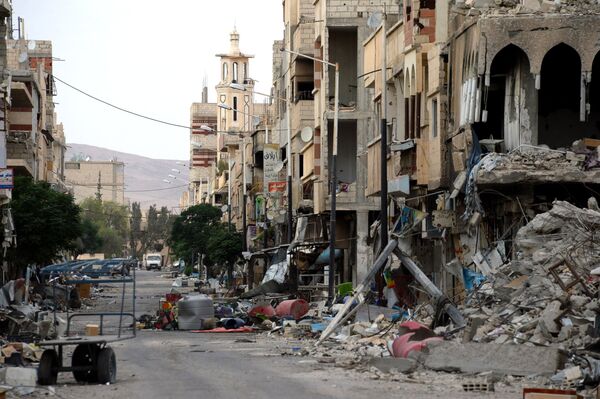"Overall, the whole system of Russia's Armed Forces, including its Aerospace Forces, satellites, intelligence and information experts has demonstrated the highest degree of readiness, which has proven a game-changer not only for its western partners but to many experts within Russia," Russia's online newspaper Vzglyad writes in its analytical article on the issue.
While the Syrian conflict is still in progress, it says, it is too soon to draw the final results, however the newspaper has provided an overview of Russia's achievements in Syria so far.
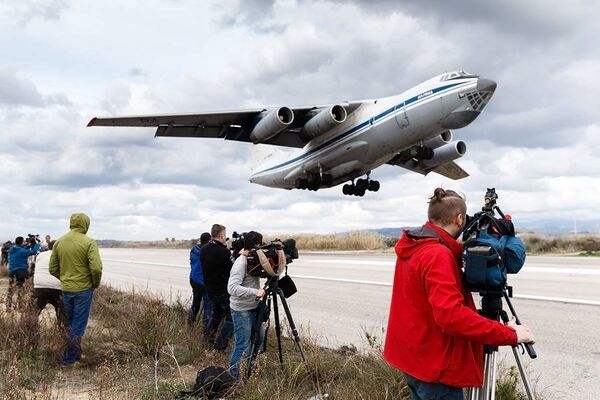
One year ago it was not only the Syrian army but the entire country which was under threat. Hence, Moscow's intervention had a fundamental significance from both a military and political point of view.
The Russian presence in Syria has been very limited in comparison to the US-led coalition. The country's Navy was only involved sporadically, and played largely a contextual and demonstrative role.
Nevertheless, it says, Russia's contingent has demonstrated surprising efficiency, largely due to the frequency of its Air Forces' sorties: 40 aircraft with interchangeable crews have made up to 75 sorties in a single day, while the Americans and their allies made only 20 sorties per day having at their disposal 180 aircraft.
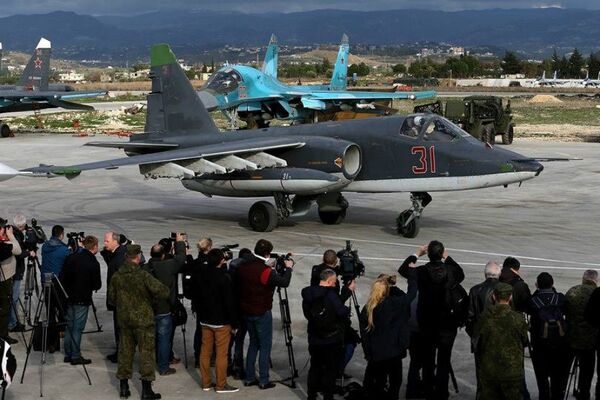
Additionally, NATO air forces often had little impact, and often its aircraft returned to base with unused ammunition.
"The readiness and the personal dedication of the crews and airfield teams contributed to the success," the website says.
"The work on the operation of such scale outside Russia in unknown and complicated surroundings was surprisingly good and coherent, it added, noting that it was the first operation for Russia's Army and Navy where they tested their new equipment, weaponry and other means, some of which (the cruise missiles, for example), were used for the first time in history, it says.
The newspaper called it an "unprecedented" operation, the details and the consequences of which will be estimated only after some time.
The initial claims that the operation would last for a couple of months were fairly vague, the website says.
It further notes that in the case of the Syrian conflict, it is very hard and technically impossible to compare the aims and the actual achievements. Before the launch of the operation, the military aims were defined abstractly and politically.
"To destroy Daesh is not a target for a bomber but a political fixation of the general line of operation, at times of a joint cooperation with other participants with the international coalitions, who also pursued the same aims," Vzglyad says.
"Particular military operations were tied up to the plans and abilities of the Syrian government army and the situation on the frontlines," it says.
However it was clear from the very beginning that without control over the ground operation any aerial bombing loses its sense.
This is the main reason for the failure of the US and NATO efforts, which relied heavily on their advanced technologies which failed to prevail over the supposedly weaker adversary.
Besides, the newspaper notes, over time the military actions had been aligned with the political targets which, in turn, modified the overall aims, at times even in the middle of the military operation. The website cites as an example the ongoing operation in Aleppo.
Some of the tasks, achieved in full, were not set beforehand but were developed on-the-fly.
Amongst these successes is the rejuvenation of the Syrian Army, which, upon the launch of the Russian aerial campaign was in dire state.
On three of its major frontlines it was all about the physical survival of the country: in the Lattakia Governorate, where the militants were planning an assault from the mountains on the coastal plain and the cities of Lattakia and Tartus which would have resulted in the loss of the largest agricultural area and access to the Mediterranean Sea.
Secondly, the Aleppo Governorate, which was cut off from supplies and was being defended by a rag-tag resistance force of bleeding and encircled government army units and local self-defense forces.
The loss of one of its largest cities could have overturned the political situation in Syria and the neighboring area.
The realization of any of the above threats could have led to the collapse of the government, chaos and the death of the Syrian state.
However all the threats have been successfully eliminated, solely due to the aerial support of the Russian Aerospace Forces and later due to the ground forces and the marines.
During the fierce fighting in the mountainous area of Lattakia Governorate, Russia attacked with its full aviation potential, which penetrated the defense of the jihadists located in cliffs and mountainous villages.
The government forces were then able to move towards Idlib and the border with Turkey which, in turn, resulted in heavy losses among the terrorists in their mountainous strongholds.
As the result of the rapid assault, Palmyra was fully liberated from jihadists, marking the first considerable success of Damascus throughout all the years of fighting.
It played a vital role in strengthening the morale of the Syrian army and its prestige, brought new experience and strengthened the civil power in the country.
The epic success in the Aleppo battle was also possible due to the unprecedented activity of Russian aviation which carried out numerous sorties and airstrikes on the targets at the frontlines.
Apart from direct support of the government forces, Russian Aerospace Forces have made airstrikes on the line of communication and supply routes. As a result, the whole logistic system of the jihadists was destroyed within five months, their illegal oil trade, the main source of financial income, has been stopped, the training grounds for the jihadists have been eliminated.
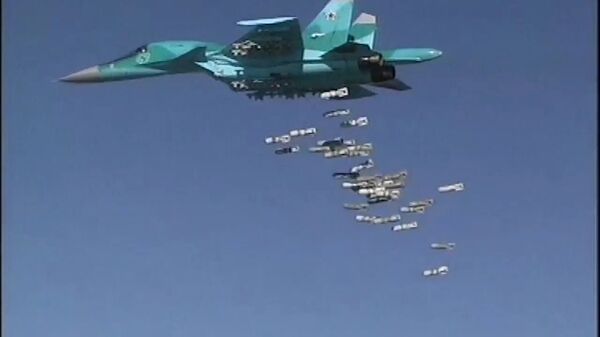
The militants however resorted to terrorist methods, such as "jihad-mobiles" with suicide bombers and self-made weaponry, such as mortar-guns powered by gas cylinders (however recently they have been substituted by American 81mm caliber mortars).
Regular reinforcements of the advanced units of the enemy have been halted and the terrorists have been forced to abandon their plans for large-scale assaults, concentrating on targeted strikes instead.
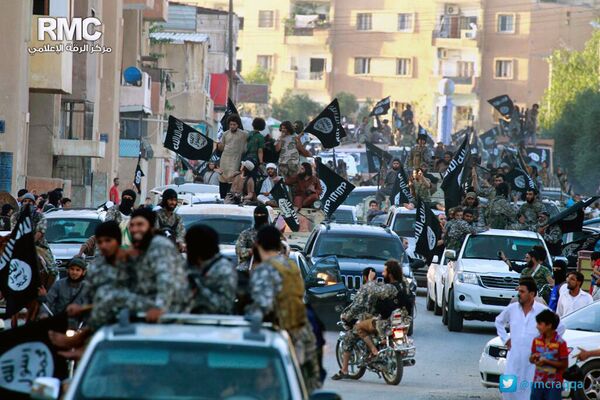
In some cases the militants were even forced to relocate some of their units from Iraq to Syria, while the government army has taken the strategic initiative.
All of this has eased the pressure on the so-called peripheral sectors of the front, such as Hama, Homs and Deraa Governorates.
However the Syrian General Staff miscalculated the situation and the balance of power and undertook some unsuccessful attacks in these areas.
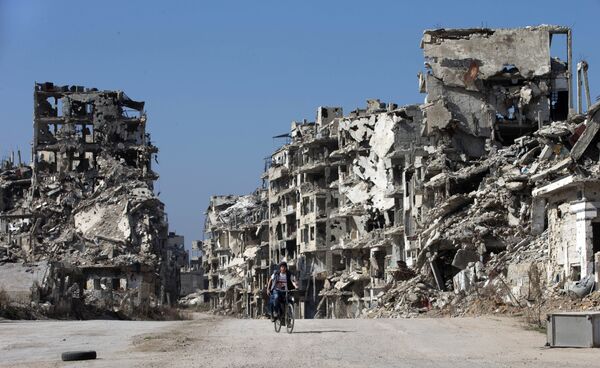
The Russian forces were forced to support these attacks, which diverted its attention from more important sectors of the front.
It resulted in dragged-out battles in Hama and Homs Governorates with mixed success, dragging out the operation and damaging confidence in the government army.
Besides the military achievements, the newspaper recognizes the psychological effect on the Daesh militants that the Russian airstrikes have had. Daesh terrorists have abandoned their bullying tactics: mass executions of captives and prisoners, members of religious and ethnic minorities and objectors to the jihadist regime.
"Several aerial operations have halted the wild practices, which are now used only by some rare groups, fostered by the US, such as Harakat Nour al-Din al-Zenki," it says.
Russia's ability to provide political and informational coverage of its operation also came as a surprise to many observers, the outlet says.
Russian Centers for reconciliation of opposing sides in Syria are unique structures which set the contacts between the Syrian military and civil powers.
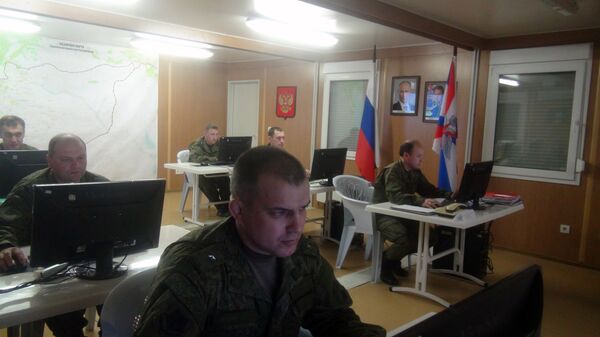
In Russia, it turns out, there is a large number of experts with a good knowledge of Arabic, and the Syrian dialect in particular, and specific skills, who are able to equally negotiate with the heads of the Syrian villages and the leaders of the armed opposition groups.
The work of Moscow's informational center of the country's Defense Ministry is also beyond reproach. It has demonstrated not only transparency, but has also performed diligently under the conditions of the information warfare, which has no set rules.
The same refers to Russia's coordination centers which were set up in Jordan and Iraq to communicate with the general staffs of the US and NATO.
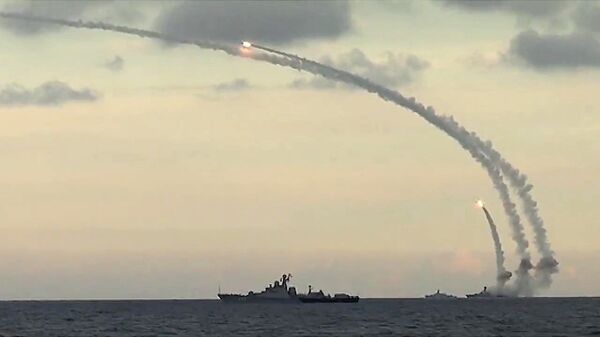
The operation has also served as a testing range for Russia's new weaponry and armaments. Its Kalibr cruise missiles, among others, which were successfully test-fired from the Caspian Sea, caused a furor around the world.
However, it says, it is too soon to make a conclusion surrounding Russia's participation in the conflict while the war is still raging.

